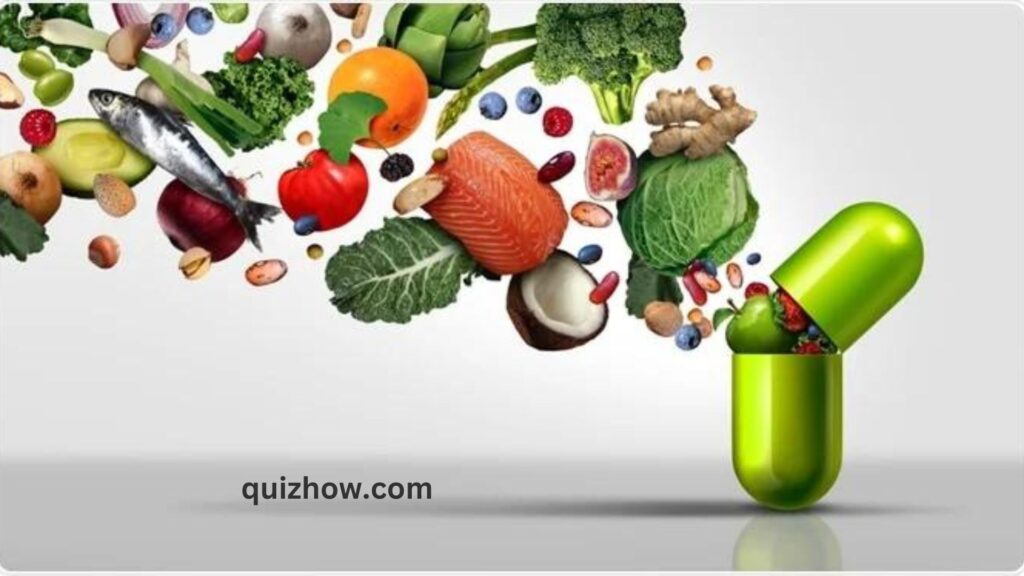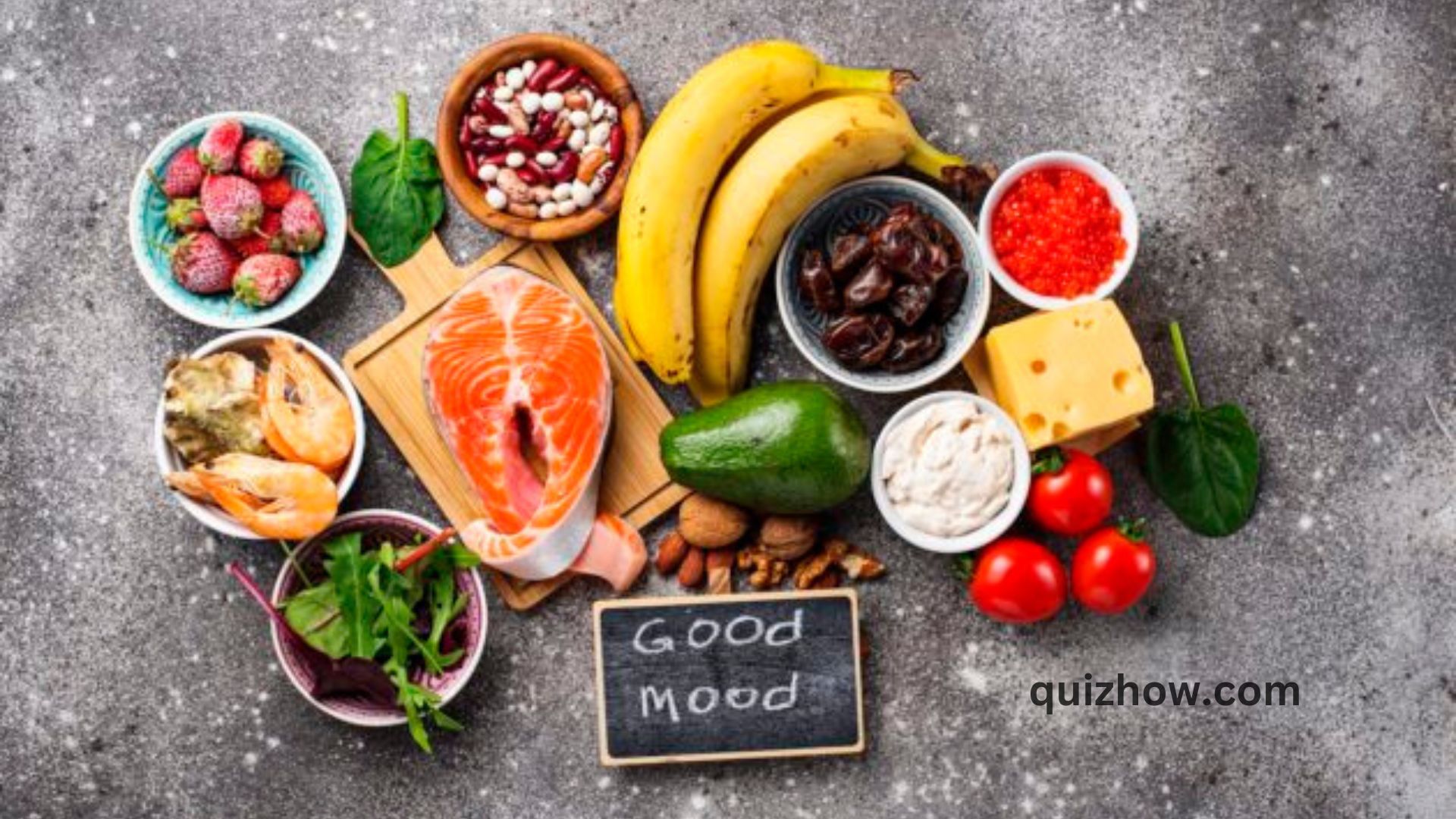Nutrition is the foundation of a healthy life. What we eat and drink each day affects our overall health, energy levels, and even our mood. But how well do you really understand nutrition? This guide will walk you through the basics of nutrition, clear up common misconceptions, and help you make the best choices for your health.
What Is Nutrition?
Nutrition is all about how food affects our bodies. It’s not just about eating; it’s about getting the right balance of nutrients that our bodies need. Everything we consume either benefits us or doesn’t, making nutrition a key factor in keeping us energized, growing, and feeling good. In short, nutrition is the study of nutrients in food, how our bodies use them, and the link between diet, health, and disease. Knowing about nutrition helps you make smart decisions about what you eat and how you live.

Essential Nutrients
Your body needs six types of essential nutrients: carbohydrates, proteins, fats, vitamins, minerals, and water. These nutrients are called “essential” because your body can’t make them on its own—they have to come from your diet. Each nutrient plays a unique role in keeping you healthy. Carbohydrates give you energy, proteins help build and repair tissues, and fats are important for brain function and cell growth. Vitamins and minerals support many body functions, from strong bones to a healthy immune system, while water helps with digestion and keeps you hydrated.
Macronutrients: Carbohydrates
Carbohydrates often get a bad rap, especially with low-carb diets becoming popular, but they’re actually the main source of energy for your body. Found in foods like fruits, vegetables, grains, and legumes, carbs break down into glucose, which fuels everything from physical activity to brain function. There are simple carbs, like sugars, which give quick energy but can spike your blood sugar, and complex carbs, like whole grains and vegetables, which provide longer-lasting energy and fiber for good digestion. Balancing carbs is key to maintaining steady energy throughout the day.
Macronutrients: Proteins
Proteins are the building blocks of your body. Every cell, tissue, and organ contains proteins, which are essential for growth, repair, and maintenance. Proteins support muscle growth and help produce enzymes and hormones. Good sources of protein include meat, fish, eggs, dairy, beans, and nuts. If you follow a plant-based diet, combining different protein sources, like legumes and grains, ensures you get all nine essential amino acids that your body can’t produce on its own.

Macronutrients: Fats
Fats often get a bad reputation, but not all fats are harmful. They help protect your organs, keep your cells functioning properly, and help absorb vitamins A, D, E, and K. Healthy fats, found in avocados, nuts, seeds, and fatty fish, can lower bad cholesterol and reduce the risk of heart disease. On the other hand, trans fats, common in processed and fried foods, can raise cholesterol and lead to health issues. Getting the right balance of fats supports everything from brain function to heart health.
Also Read: Are You a Tech Geek? Take the Quiz
Micronutrients: Vitamins
Vitamins are crucial for various body functions, from vision to immune support. They’re divided into water-soluble (like vitamin C and B vitamins) and fat-soluble (like vitamins A, D, E, and K). Water-soluble vitamins need to be replenished often because they’re not stored in the body, while fat-soluble vitamins can build up in fatty tissues. Each vitamin has a specific role; for example, vitamin C helps with skin health and immune function, while vitamin D aids calcium absorption for strong bones. A balanced diet with fruits, vegetables, and fortified foods usually provides all the vitamins you need.
Micronutrients: Minerals
Minerals are just as important as vitamins for your health. Major minerals like calcium, magnesium, and potassium support bone health, nerve function, and muscle contractions, while trace minerals like iron, zinc, and selenium help with oxygen transport and immune function. These minerals are found in many foods, including dairy, leafy greens, nuts, and meats. Getting enough of these minerals helps prevent deficiencies and health issues like anemia or weak bones.

Water: The Forgotten Nutrient
Water is often overlooked in nutrition talks, but it’s one of the most important nutrients for your body. Making up about 60% of your body weight, water is involved in almost every bodily function. It helps with digestion, nutrient transport, temperature regulation, and waste removal. Not drinking enough water can affect both physical and mental performance, while staying hydrated supports metabolism and overall health. Experts suggest drinking at least eight glasses of water a day, though this can vary based on activity, climate, and personal needs.

Understanding Calories
Calories are a measure of energy. All food contains calories, which your body needs for everything from basic functions like breathing to activities like exercising. But not all calories are equal. Nutrient-dense foods like fruits, vegetables, and lean proteins provide essential vitamins and minerals. In contrast, “empty” calories from sugary drinks and junk foods provide energy without much nutritional value. Knowing how many calories you need and where they come from is key to maintaining a healthy weight and balanced diet.
Discover more from QuizHow
Subscribe to get the latest posts sent to your email.

